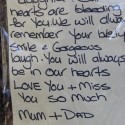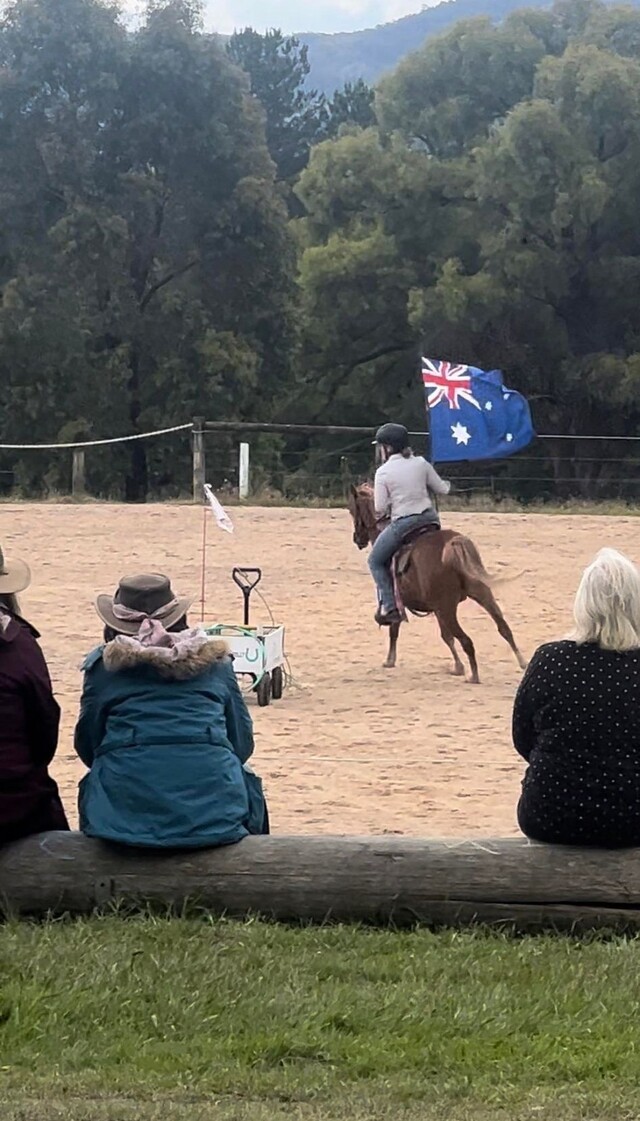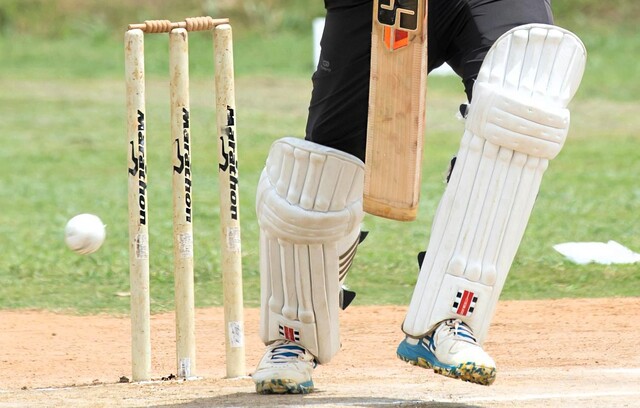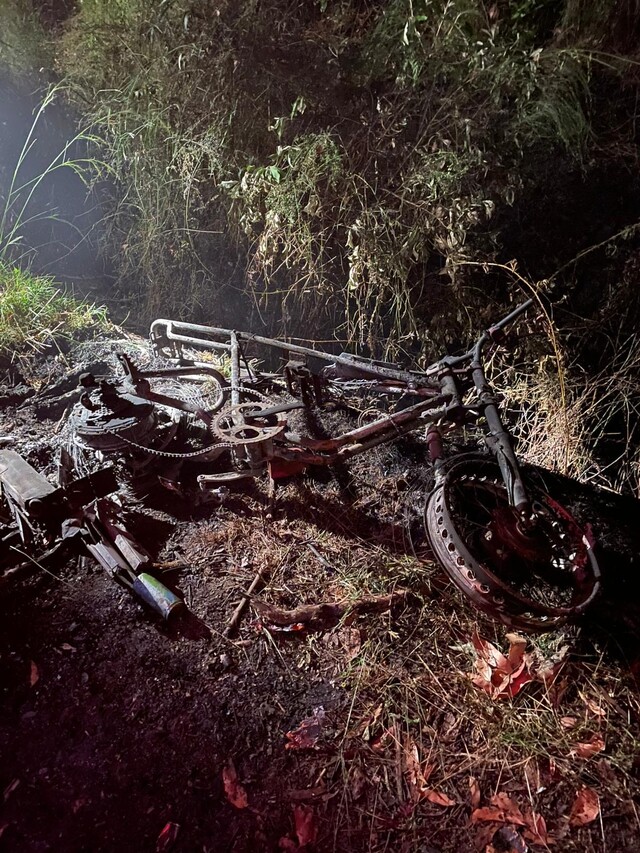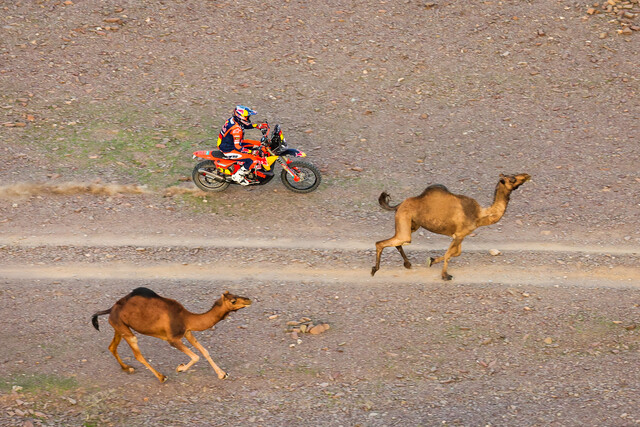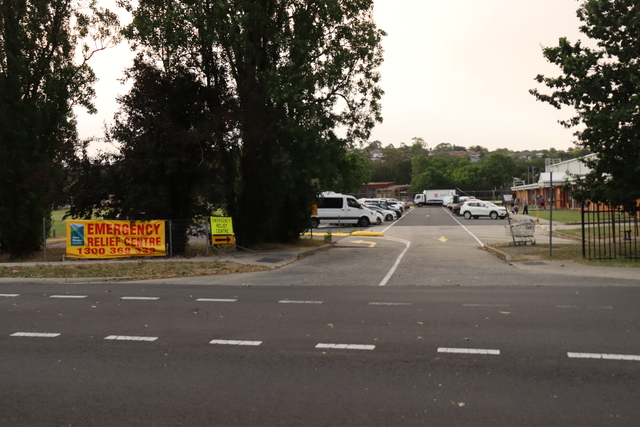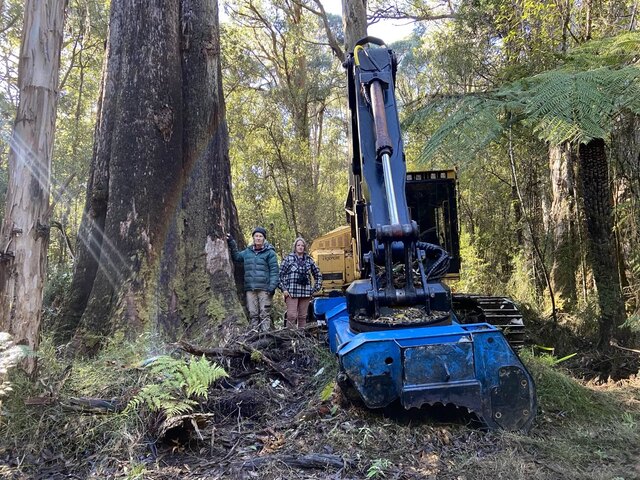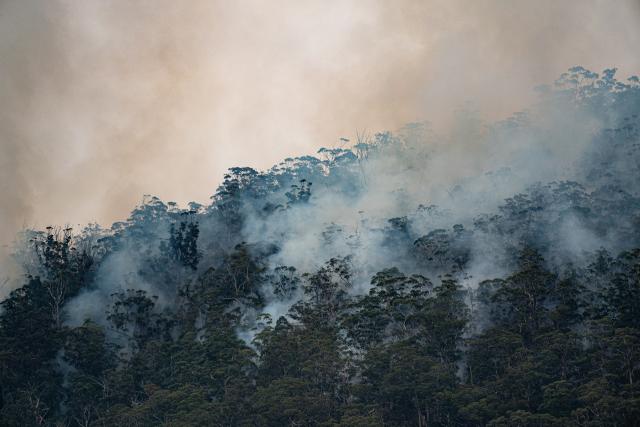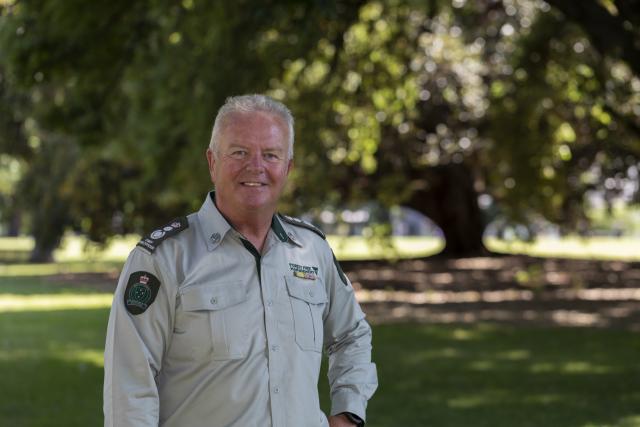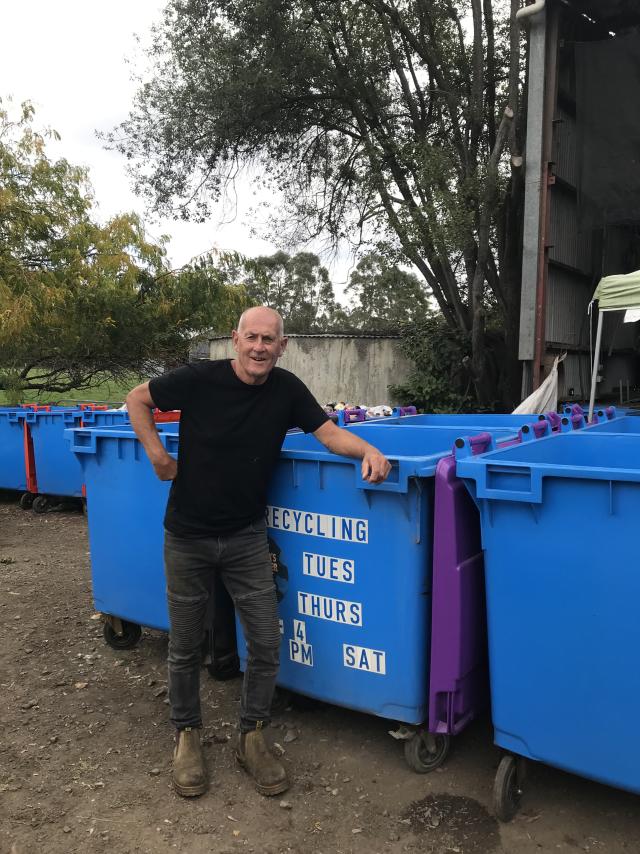By KATH GANNAWAY
CONSEQUENCES, repercussions and guilt; all part of the conversation around road death, and injury.
You can overthink the ‘what ifs’, but with the Avonsleigh tragedy still so raw, and a local P-plater caught doing nearly 40 kilometres over the limit just days after in Yarra Junction, you can’t help but raise the question.
How would he have felt if he’d killed his mates?
How would his parents have felt?
How would his mates’ parents and friends have felt?
What if he’d killed some other innocent family?
How would the friend he was helping out feel?
He was going to pick up a spare key to take back to the friend who had locked his keys in his car.
Talking with Warburton police officer, Senior Constable Rob Firns, who put the driver off the road for six months, and Sgt Tom Wilkinson who has been instrumental in running the
Teenage Road Information Program (TRIP) in Upper Yarra, it came around to how do you get that message across about the ripple of grief that comes with a fatality.
As an adult you think about that.
I ‘dodged a bullet’ at the Toolebewong-Healesville KooWeeRup intersection in Healesville that same weekend.
I’d like to think I did all the right things – looked right, looked left, right again.
Just didn’t see the car, invisible behind the big 4WD indicating to turn into Toolebewong until he pulled out to overtake.
I was lucky I had another pair of eyes to scream a warning.
It would have been one of those ‘horror smashes’ that newspapers report on.
It’s 100k on that stretch.
My instinctive reaction was relief, and thanks.
My second was how awful that would have been for my grandson.
I hadn’t intended to go that way, but decided to go via Seville on my way to Lilydale to watch him play football.
It’s completely irrational, but I know him and I know how he would have felt.
It’s part of the ‘what if’s’ that people who are left behind have to grapple with, and I’m so grateful that I didn’t put someone I love so much in that position.
The 18-year-old doing 119 in the 80 zone along Settlement Road in Yarra Junction.
It was wet. He had two friends in the car. It’s a narrow road with narrow shoulders, and he hasn’t had his licence for long.
He was doing a friend a favour.
Not much of a favour if you kill yourself and other friends in the process.
Surely, he couldn’t have missed all the grief and loss, and regret of that week.
So, was he some sort of callous dickhead? The sort of kid that you hear people say “…he’ll end up killing himself or someone else”?
Apparently not. He’s not known to the local police; no particular reason to think he wasn’t a decent kid.
So, what’s going on?
“They just think they’re invincible,” Sgt Wilkinson says.
OK. That’s probably true, but, under the circumstances, it’s not really enough.
And, it’s not fair to expect police to provide the answers, but they try.
“It’s a complete lack of consideration for potential consequences,” Sgt Wilkinson adds.
“And that’s what we’re continually striving to improve; for them as individuals (to be) thinking about what those consequences may be.”
“That’s where education and enforcement works hand in hand,” adds LSC Ferns, linking the penalties handed out with the efforts police, CFA and SES have put into trying to drill that message home through programs like TRIP.
I doubt many 18-year-olds will be reading this (more than the standard 160 character text) but if there are any parents out there who are asking themselves the same questions Sgt Wilkinson and LSC Ferns have a suggestion.
It’s an appeal really, from two people who have seen the crushing grief and suffering that parents endure when their children die in a car crash.
“Perhaps you could say … we encourage all parents to talk to their children about consequences and the consequences to them if they lost a son or daughter.
“How would they feel?”

